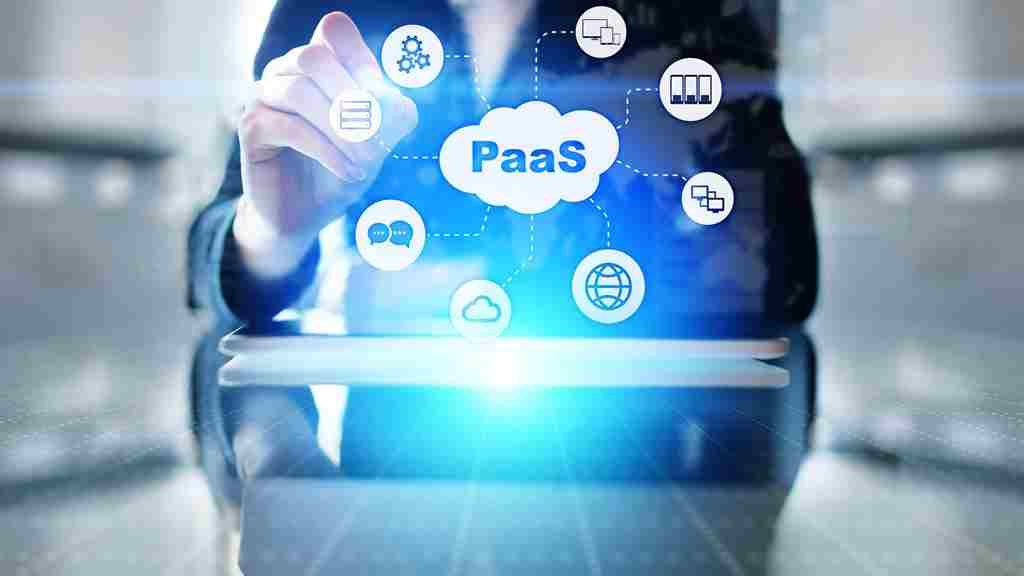 Avenida Madre Leônia Milito, 1377 - Londrina/PR
Avenida Madre Leônia Milito, 1377 - Londrina/PR  43 3354-1377
43 3354-1377  43 98823-1232
43 98823-1232  contato@clinicapensare.com.br
contato@clinicapensare.com.br
The Different Types Of Software That Shopping Malls Use
PayPal Zettle is ideal for businesses on the go because of its QR code pricing. For QR code transactions, along with card-present transactions, you’re paying 2.29% plus 9 cents per transaction. For manual card entry transactions and invoicing transactions, you’re only paying 3.49% plus 9 cents per transaction.
Customer profiles allow you to automatically create profiles with new orders. Customer profiles can also help you learn more about customers and their shopping habits and find customer contact information and order histories at a glance. Price lists allow you to manage custom price lists in different currencies and for various customer types, product categories, time zones, and so on. Order fulfillment lets you automate and fulfill a large volume of orders at lower costs. For better visibility, order fulfillment solutions allow you to integrate processes, locations, and channels. Inventory optimization allows you to keep the right amount of stock at any given time.
Supplier Orders Software
Third Party Software means software which is proprietary to any third party which is or will be used by the Contractor for the purposes of providing the Services. Queen Bee of Beverly Hills, LLC, and a dispute involving the sale of New York franchises to a New York-based company, Retail Software Services, Inc. Retail Softwareshall be defined to mean any software sold as a standalone product not preinstalled or preloaded on a Product. Terms and conditions for sale of third party Retail Software are set forth in Section 13 below.
• The order history feature of the POS system allows the retailers to view all past orders and search by customer, product or date. Some POS systems allow you to use your own payment processor, which can save you money on processing fees. However, you will typically need to pay a monthly fee for the POS software. Most POS systems come with a payment processing service, which allows you to accept credit and debit cards. Payment processing fees are typically around 2.5% of the total sale, plus a per-transaction fee of $0.10 to $0.30.
Cloud-based or Software as a Service (SaaS)
Some ERP solutions offer flat-fee monthly pricing, which may be better for larger enterprises. One of the key reasons SYSPRO is an excellent retail ERP solution is its focus on cost control, so you don’t carry dead stock and automatically reorder products that sell well. It provides the business intelligence , financial tools and purchasing features you need to run a retail operation efficiently.
A complex retail system that requires significant training and knowledge would have the opposite effect. So, find a simple solution that can be used by almost every member of your staff. Entering details of customers and their addresses might be time-consuming. Customers might not like to wait, hence they might not furnish complete information.
Unique Features – 20%
Additionally, Oracle NetSuite OneWorld is known for its global support. Use 27 different languages in the platform and almost 200 currencies are supported in the system. These features make it easier for companies that have an international audience and global vendors. Plus, the financial tools help with managing complex and various tax rules. You won’t find any pricing on Epicor’s website and that’s likely because the company wants to create a custom solution for each business. As is the case with most ERP solutions, QT9 is built for manufacturing and distribution companies, but it can be used as retail ERP.

One day, they want to go out shopping and buy from physical outlets. To fulfill this demand, your retail management software should help you conduct business across multiple channels easily. Small retail shops and restaurants should invest in cost-effective point-of-sale solutions. logistics software development POS systems allow you to manage the necessary sales processes, like accepting payments, billing, and getting business insights. You can pick an on-premise system if you want, but they’re a bit expensive. If cost is a deal-breaker for you, stick to cloud-based sales software.
How long does it take to get a POS machine?
Retailing software is a collection of programmed instructions helping small business owners with inventory management, customer relationship management , marketing, point of purchase , and finances. Businesses use ERP software to connect all departments to control operations from one centralized platform. Customer relationship management software, or CRM, is used to manage leads, prospects and customers, which typically lets you see purchase and support history. Because it combines so many processes for so many departments, it acts as an all-in-one solution for running a business. However, you can find lean retail ERP to get started for an affordable per-user cost.

The dynamic nature of ERP allows it to be used across multiple industries, with the global ERP software market forecast to grow to around $86 billion by 2022. ERP software acts as a platform that integrates all the various functions and processes across your company. It combines, manages, and analyses data from different tasks by allowing you to view it in one place. E-commerce sales constituted 14.4 per cent of retail salesin 2018, which goes to show how businesses today are not only competing at alocal scale but an increasingly global level, too. This increased competitionmeans that it’s more important than ever for modern companies to keep up withthe latest trends and adopt innovative technologies to maintain theircompetitive advantage.
Avail vendor support
It even calculates tax payments and allows you to pay right from the software, making filing taxes less of a pain. Finance tracking is a must for any merchant, so it’s important that you arm your business with a robust accounting solution. Broscrop is here to help you differentiate your company in the competitive market with our custom software development services.
- To keep up with growing demand and changing trends, retail businesses need to familiarize themselves with any developments to stay on top of their game.
- Your customers can easily select products, place orders, and pay with a convenient online payment system.
- The tool also provides competitive intel by shedding light on your competitors’ top keywords and pages.
- This feature allows employees to pick, pack, and ship a company’s inventory quickly and efficiently.
- But with the COVID-19 outbreak, this concept has become the need of the hour.
- Integrations are also vital for retailers because you need to be able to use your point-of-sale system with your retail ERP platform and possibly other tools, such as email marketing software.
- Enter Dor, a foot traffic analytics platform that enables you to measure your in-store traffic with ease.
Use serial numbers to track items, assign bin numbers and then assign those bins to multiple warehouses. You can also create batches, set up demand forecasting and use different costing methods. Although not typically used by retailers, there are bill of materials features and built-in kitting. Although ERP https://www.globalcloudteam.com/ software isn’t usually made for retail small to midsize businesses , cloud-based ERP software is more common today and is more affordable and easier to implement. Integrations allow you to connect tools that may not be in your retail ERP software, such as a point-of-sale system or payment processing.
Solutions
This technology allows store managers to allocate shifts while also allowing staff to ‘trade’ hours with one another. It can also do several other things, including staff communications, letting people book holidays or claim sick days, and even providing training. Retail store management software solutions are mostly used by brick-and-mortar shops, but can also be used in eCommerce successfully.
